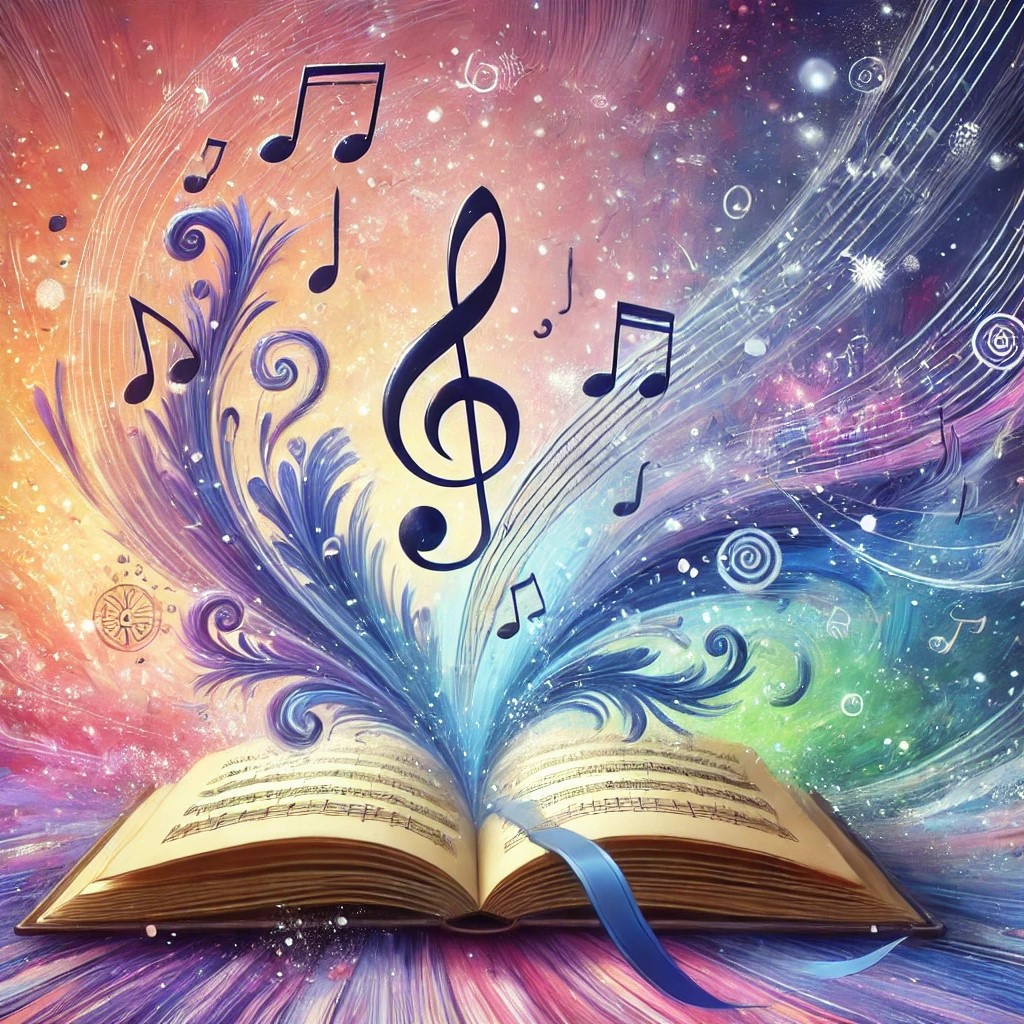Music lovers, have you ever wondered how much songs impact society? Beyond the beats and melodies that make us tap our feet, music has a profound influence on our lives, emotions, and even social norms. In this blog post, we’ll explore how songs shape society, provide comfort and inspiration, and drive social change. From nostalgia-inducing classics to revolutionary anthems, songs are far more than mere entertainment; they are powerful tools for connection, reflection, and advocacy.

The Role of Music in Human Experience
Emotional Expression and Connection
Music speaks to our emotions. Whether it’s joy, sorrow, love, or anger, songs have a way of encapsulating complex feelings and making them relatable. This ability to connect on an emotional level is why songs about fathers, for example, can evoke such strong memories and sentiments. Research suggests that listening to music triggers the release of dopamine, a neurotransmitter associated with pleasure and reward, thereby enhancing our emotional experiences.
Cultural Identity and Heritage
Songs play a significant role in preserving cultural identity and heritage. Through music, traditions are passed down from generation to generation. National anthems, folk songs, and cultural music all serve as symbols of identity, representing the values and history of a community. For instance, songs about fathers in different cultures often highlight unique familial values and traditions, offering a glimpse into the diverse ways societies honor paternal figures.
Social Cohesion and Unity
Music has the power to bring people together. Concerts, festivals, and music events serve as communal gatherings where individuals from various backgrounds unite, sharing a common love for the art form. Songs that emphasize unity and togetherness, such as We Are the World, exemplify how music can foster a sense of community and collective identity.
Music as a Catalyst for Change
Advocating for Social Justice
Throughout history, songs have been instrumental in advocating for social justice and political change. Protest songs and anthems have rallied movements and inspired collective action. Bob Dylan’s Blowin’ in the Wind and Marvin Gaye’s What’s Going On are prime examples of how music can address societal issues and galvanize people to demand change.
Raising Awareness on Important Issues
Music can also serve as a platform to raise awareness about important issues. Through poignant lyrics and compelling narratives, artists can shed light on topics such as mental health, environmental conservation, and human rights. Songs like Michael Jackson’s Earth Song highlight environmental concerns, urging listeners to reflect on their impact on the planet.
Empowering Marginalized Voices
For marginalized communities, music can be a powerful tool for empowerment and self-expression. Artists from these communities often use their platforms to share their stories, challenge stereotypes, and promote inclusivity. Songs like Kendrick Lamar’s Alright have become anthems of resilience and hope for many facing social and economic hardships.
The Psychological and Physiological Effects of Music
Stress Reduction and Relaxation
Listening to music can have a calming effect on the mind and body. Studies have shown that music can reduce stress levels, lower blood pressure, and decrease anxiety. This is particularly true for soothing genres such as classical and ambient music. Incorporating music into daily routines, such as during meditation or exercise, can enhance overall well-being.
Enhancing Cognitive Performance
Music has been linked to improved cognitive performance. Listening to certain types of music while studying or working can enhance concentration, memory, and productivity. The Mozart effect, a theory that suggests listening to Mozart’s music can temporarily boost cognitive abilities, illustrates the potential cognitive benefits of musical engagement.
Therapeutic Applications
Music therapy is an established practice that uses music to address various therapeutic goals, including emotional expression, rehabilitation, and pain management. For individuals with mental health conditions, music therapy can provide a non-verbal outlet for emotions, fostering healing and personal growth.
Music in Education and Development
Enhancing Learning Experiences
Incorporating music into educational settings can enhance learning experiences and outcomes. Music education fosters creativity, critical thinking, and discipline. Additionally, learning to play an instrument or participate in a choir can boost self-esteem and social skills. Schools that integrate music programs often report higher academic achievement and student engagement.
Language Development in Children
Songs and rhymes play a crucial role in language development for young children. Musical activities such as singing and rhythm games can improve vocabulary, phonological awareness, and auditory discrimination skills. Nursery rhymes and children’s songs are foundational tools in early childhood education.
Fostering Emotional Intelligence
Music education also contributes to the development of emotional intelligence. Through music, children learn to recognize and express emotions, develop empathy, and build emotional resilience. Participating in musical activities can help children understand complex emotional concepts and enhance their social interactions.
The Commercial and Economic Impact of Music
Driving Consumer Behavior
Music is a powerful marketing tool that influences consumer behavior. Background music in retail environments can affect shopping patterns, with upbeat music encouraging purchases and slow-tempo music promoting leisurely browsing. Brands often use catchy jingles and theme songs to create memorable associations with their products.
The Music Industry’s Economic Contribution
The music industry significantly contributes to the global economy. It encompasses various sectors, including recording, live performances, and streaming services. The economic impact of music extends to related industries such as tourism, fashion, and technology, creating jobs and driving innovation.
Supporting Local Economies
Local music scenes play a vital role in supporting regional economies. Independent artists, local venues, and community events contribute to the cultural and economic vibrancy of cities and towns. Supporting local musicians and attending live shows are ways to bolster local economies and foster cultural enrichment.
Conclusion
From shaping cultural identity and fostering social change to enhancing cognitive performance and driving economic growth, the impact of music on society is profound and far-reaching. Music lovers, next time you listen to your favorite song, take a moment to appreciate the multifaceted ways in which music enriches our lives and connects us to one another.
If you’re passionate about exploring the intersection of music and society, consider subscribing to our blog for more insights and updates. Let’s continue to celebrate the power of music together!

